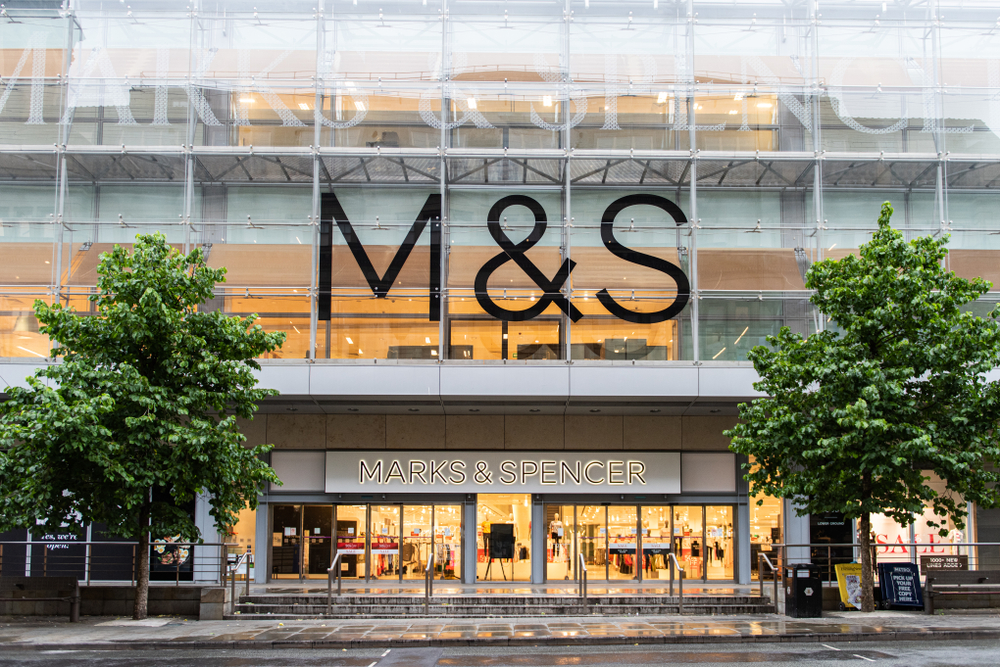Supermarket Tesco today confirmed it is to launch a new marketplace on its Tesco Direct webshop early next year. “Selected” third-party retailers will be able to use the site, part of tesco.com, to sell their non-food products direct to Tesco’s customers.
The first phase of the marketplace will be unveiled in the first half of next year, the company said as it released half-year results today. It is part of a “significant upgrade of our online Direct Shop,” which will bring “additional range and functionality.” The improvements, including the first phase of the marketplace, are scheduled to go live in the first half of 2012.
Tesco’s move to launch its own marketplace follows similar moves by retailers including Asos, which allows “anyone, anywhere” to sell fashion “to anyone, anywhere” through its clothing marketplace. It potentially puts Tesco in competition with existing marketplaces such as eBay and, more specifically, Amazon, though it is not yet clear what the “selected sellers” who will be able to trade through the site will be allowed to sell.
The news confirms and puts a rough date on a Tesco marketplace that first began to be rumoured last year. It came as Tesco today reported a 7.3% rise in group sales, excluding VAT, to £35.5bn, in the first half of its financial year, compared to the same time last year. Underlying pre-tax profits rose by 6.2% to £1.9bn in the 26 weeks to August 27, while statutory pre-tax profits were up by 12.1% at £1.9bn.
Online UK grocery sales grew by “high single digits,” and Tesco Direct non-food sales were up by 12%. They contributed to an 11% growth in overall internet sales, which include Tesco’s online telecoms business. Online profits were also up, the company said, despite investment in grocery capacity, such as more Sunday deliveries. The Click & Collect service for non-food items was growing fast, it said, and is now available in more than 500 stores.
Yesterday Tesco also announced a new Clothing at Tesco site, delivering clothes to EU countries. Delivery will take between two and six days and cost from £4.95. The supermarket said online clothing sales had risen by 45% in the last year alone. Jill Easterbrook, Tesco clothing director said: “Our loyal online following tells us they want to be able to buy fashionable, good value clothes from us and have them sent outside the UK. We think there is a great opportunity to reach British customers who have relocated to countries such as Spain. Our customer call centre frequently receives queries from people all over the world asking whether we can deliver to their country.”
But while Tesco today said total UK sales were up by 7.1% to £23.4bn, like-for-like sales, stripping out the effect of store openings and closures and excluding petrol sales, were up by only 0.5%. Sales growth was stronger in the US (23.1%), Europe (12.4%) and Asia (11.7%).
Chief executive Philip Clarke said: “I am pleased that excellent growth in Europe and Asia, as well as an encouraging performance in the United States, have supported further progress in the first half, despite the challenges of subdued demand in the UK, particularly in non-food categories.
“We are taking decisive action in key areas to strengthen our performance going forward.”
Those measures include “substantial changes” to Tesco’s UK business, with investment in price, promotions, range, and customer service. It is also to pull out of Japan.
Our view: When Amazon UK announced last year that it was to sell groceries online, James Leeson, its director of grocery, said this was part of Amazon.co.uk becoming “the place where customers can find and discover any product they want to buy online.” At the time, the move was thought to put Amazon into competition with UK supermarkets, such as Tesco – except that Amazon wouldn’t sell fresh food.
Now Tesco, which has so effectively moved into markets from banking to used cars, while at the same time taking its core supermarket business global, is challenging Amazon. This seems set to bring more competition to the market but it also seems to confirm a new trend for mega-retailers who simply want to sell ‘everything’ to ‘everyone’. stepping away from any idea of occupying a specialism. The traditional niche seller specialises in ‘narrow but deep’. Will these new mega-retailers become inevitably ‘wide but unfocused’? After all, we can only see their enormous range on one screen at a time. We will watch with interest.








